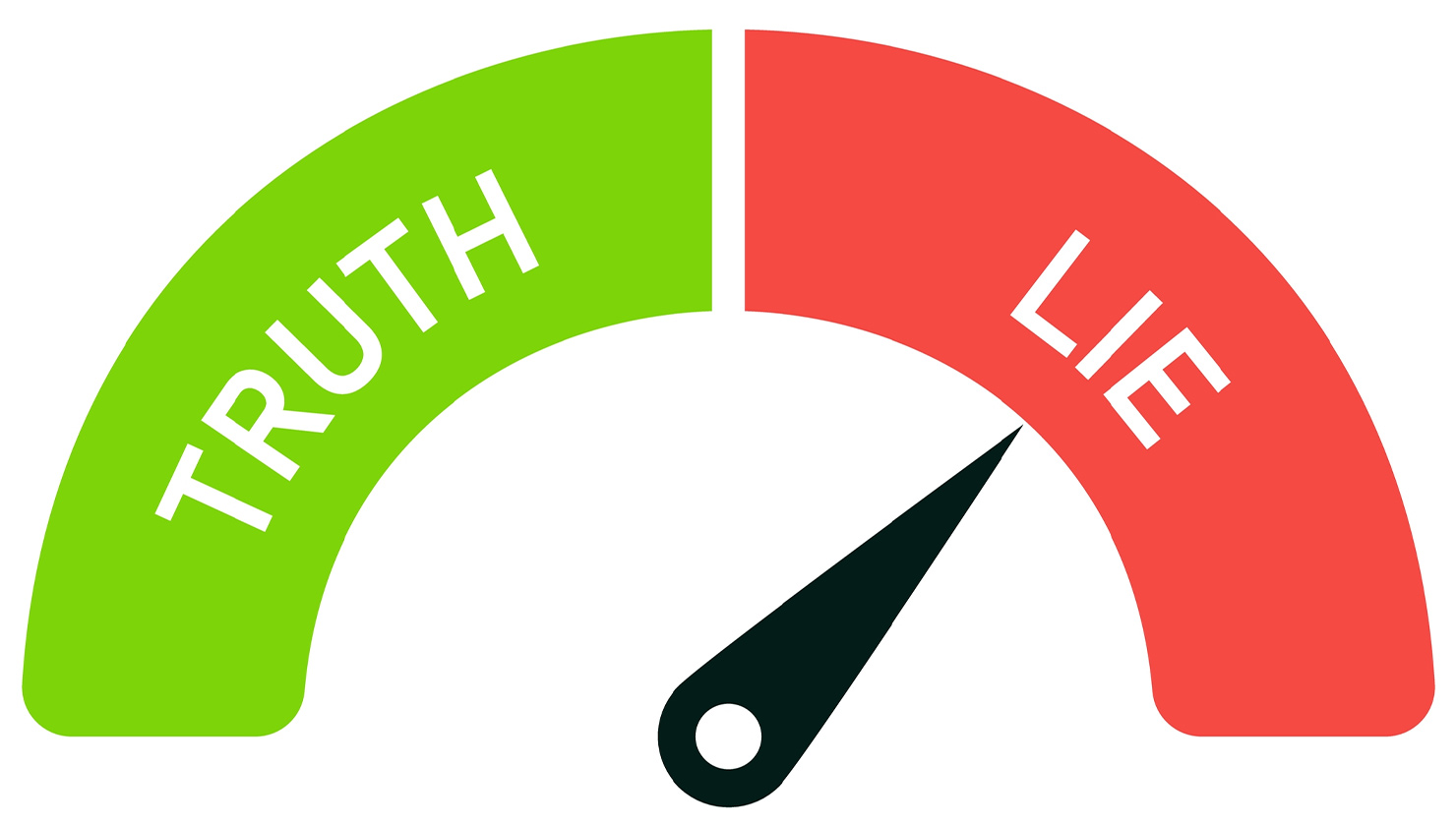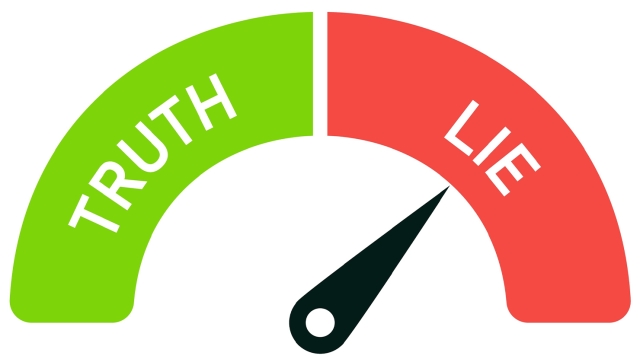
In a world where truth and deception dance a delicate tango, lie detector tests have long been hailed as the key to unlocking the secrets hidden within the human mind. The idea of a machine capable of discerning the honesty of a person’s words has captivated both the public imagination and the realm of criminal justice. Yet, behind the veil of perceived infallibility lies a complex web of science, psychology, and controversy.
At first glance, the concept of a lie detector test exudes an air of certainty and objectivity. The premise seems simple: measure physiological responses to determine the veracity of statements. Heart rate, blood pressure, and skin conductance are among the parameters scrutinized by these machines in their quest to separate truth from lies. The allure of such technology is undeniable, promising unparalleled insights into the human psyche.
Polygraph
History of Lie Detector Tests
Lie detector tests, also known as polygraphs, have a long and fascinating history dating back to the early 20th century when they were first developed. The initial concept of measuring physiological responses to indicate deception was introduced by William Moulton Marston in the 1910s.
The technology behind lie detector tests continued to evolve over the years, with improvements in accuracy and dependability. In the 1920s, John Augustus Larson, a police officer from California, created the modern polygraph machine with the capability to simultaneously record multiple physiological responses.
Throughout the 20th century, lie detector tests gained popularity in various fields, including law enforcement, government agencies, and even the private sector. Despite ongoing debates about their reliability and limitations, polygraphs remain a widely used tool in investigations and screenings around the world.
Accuracy of Lie Detector Tests
Lie detector tests have been a subject of debate when it comes to their accuracy. Critics argue that such tests are not foolproof and can be influenced by various factors. On the other hand, proponents claim that lie detector tests can provide valuable insights into a person’s truthfulness.
The accuracy of lie detector tests largely depends on the methodology used and the expertise of the examiner. A well-administered test by a trained professional can yield more reliable results compared to a hastily conducted test. It is essential for the examiner to follow standardized procedures and pay attention to the individual’s physiological responses during the test.
While lie detector tests can be a useful tool in certain contexts, they are not infallible. Factors such as anxiety, stress, and medical conditions can affect the results of the test. Additionally, some individuals may be able to manipulate their physiological responses to deceive the test. It is crucial to consider these limitations when interpreting the results of a lie detector test.
Ethical Considerations
When it comes to lie detector tests, ethical considerations play a crucial role in their administration. One key ethical concern revolves around the potential inaccuracies of these tests, which can lead to false accusations or wrongful judgments. It is essential for professionals to acknowledge the limitations of lie detector tests and not solely rely on their results in making important decisions.
Another ethical aspect to consider is the psychological impact on individuals undergoing lie detector testing. The stress and anxiety associated with these tests can have a negative effect on a person’s mental well-being. It is vital for examiners to prioritize the emotional welfare of those being tested and ensure they are treated with sensitivity and respect throughout the process.
Moreover, the confidentiality of lie detector test results must be upheld to protect individuals’ privacy rights. The information obtained through these tests should only be disclosed to authorized parties and should not be used in a way that violates an individual’s trust or rights. Safeguarding the confidentiality of test results is essential in maintaining the ethical integrity of the lie detector testing process.



